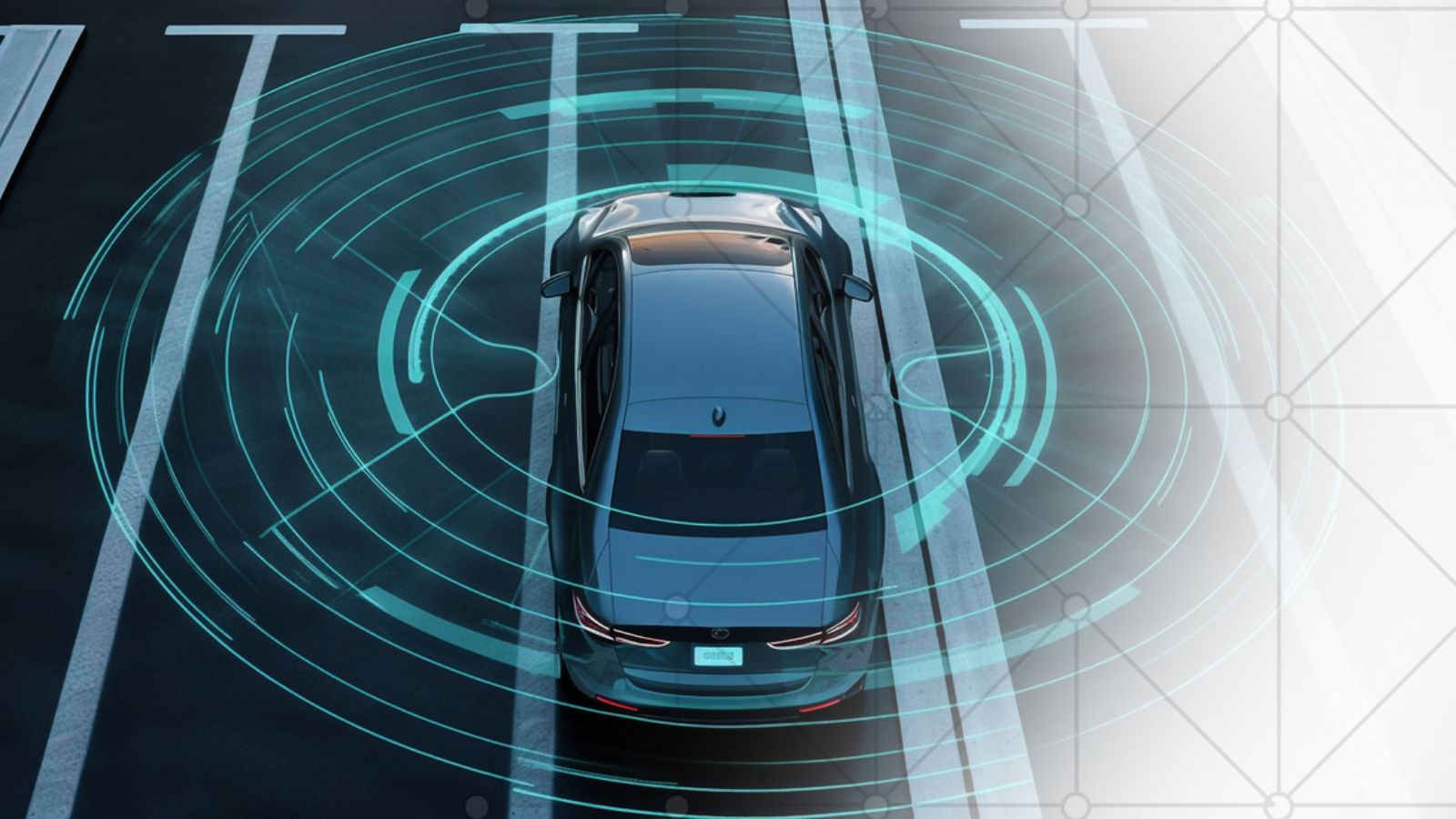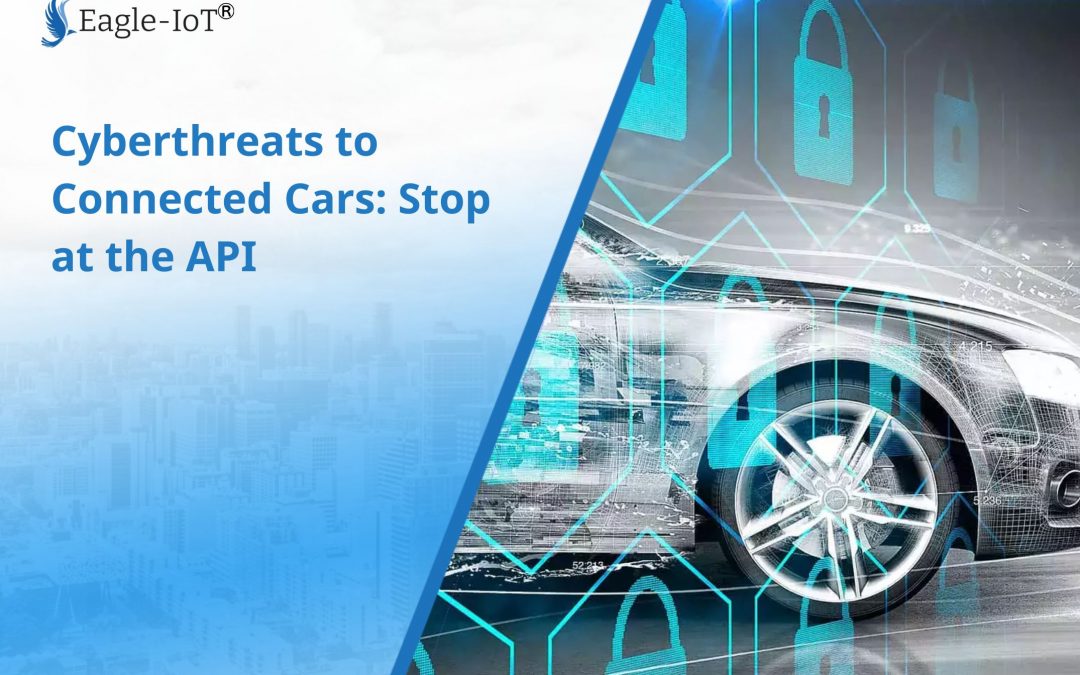Cyberthreats to Connected Cars: Stop at the API
Our cars are evolving into rolling tech marvels, offering comfort, convenience, and a glimpse of the self-driving future. However, this technological leap comes with a hidden danger: a growing vulnerability to cyberattacks.
Rising Threat: Vehicle Cyberattacks through APIs
Recent years have witnessed a staggering 20% increase in vehicle attacks, specifically targeting a critical component – APIs (Application Programming Interfaces). These APIs act as digital messengers, allowing various car systems and external services to communicate. Unfortunately, insecure APIs and mobile apps connected to vehicles have created a gaping hole for cybercriminals to exploit.


The Impact on Fleets: Financial and Operational Risks
The consequences of such attacks can be devastating, especially for fleet operators. Imagine a single cyberattack crippling an entire fleet of delivery trucks, causing delays, financial losses, and reputational damage. This isn’t science fiction. The shift from physical carjacking to exploiting software vulnerabilities is a clear and present danger.
From Mechanics to APIs: A New Attack Landscape
Traditionally, cybercriminals needed a deep understanding of vehicle mechanics to launch an attack. Today, however, they can exploit vulnerabilities in APIs, bypassing the complexities of the car itself. This transition exemplifies the evolving nature of vehicle cyber threats.
Consider this scenario: a ransomware attack infiltrates a fleet management system through an unsecured API. The entire fleet is suddenly held hostage, demanding a hefty ransom to regain control of critical vehicle functions. This is just one chilling example of the potential damage malicious actors can inflict.

Beyond Money: The Evolving Motivations
Financial gain isn’t the sole driver of these attacks. Geopolitical motives are on the rise, with the potential to disrupt critical infrastructure and cause widespread chaos.
The threat doesn’t stop there. There have even been reports of individual car owners hacking their own vehicles through APIs, attempting to bypass features like premium service subscriptions. This highlights the diverse motivations behind these attacks and the need for robust security measures across the board.
Looking Ahead: Growing Concerns and Future Trends
As car technology continues to advance, so too will the sophistication of cyberattacks. Here are some key trends to watch out for:
- Fleet-Wide Attacks: The interconnected nature of fleets makes them prime targets for cybercriminals. A single breach can compromise numerous vehicles, causing significant financial and operational disruption.
- EV Vulnerabilities: The rise of electric vehicles introduces new attack vectors. Compromised charging stations could potentially steal data or even manipulate charging processes. Additionally, personal data collected during charging sessions could be another target for hackers.

Stopping at the API: Mitigation Strategies
Thankfully, it’s not all doom and gloom. Here are some essential steps to mitigate these evolving threats:
- Education and Vigilance: Fleet managers must be proactive in ensuring their vehicle suppliers have robust cybersecurity measures in place. Regular security audits and staying up-to-date on emerging threats are crucial.
- Proactive Security Posture: For enhanced connected car security, vehicle manufacturers and software developers must prioritize secure API design and implementation. This includes using encryption, implementing robust access controls, and conducting regular vulnerability assessments.
Conclusion: A Shared Responsibility
The future of mobility is undeniably connected. While this offers exciting possibilities, it also creates security challenges. By working together – car manufacturers, fleet operators, and individual users – we can build a more secure and resilient transportation ecosystem. By prioritizing API security and adopting a proactive approach, we can ensure that our vehicles remain reliable companions on the road, not vulnerabilities waiting to be exploited.
Let’s work together to stop cyberthreats at the API and keep our connected cars safe



